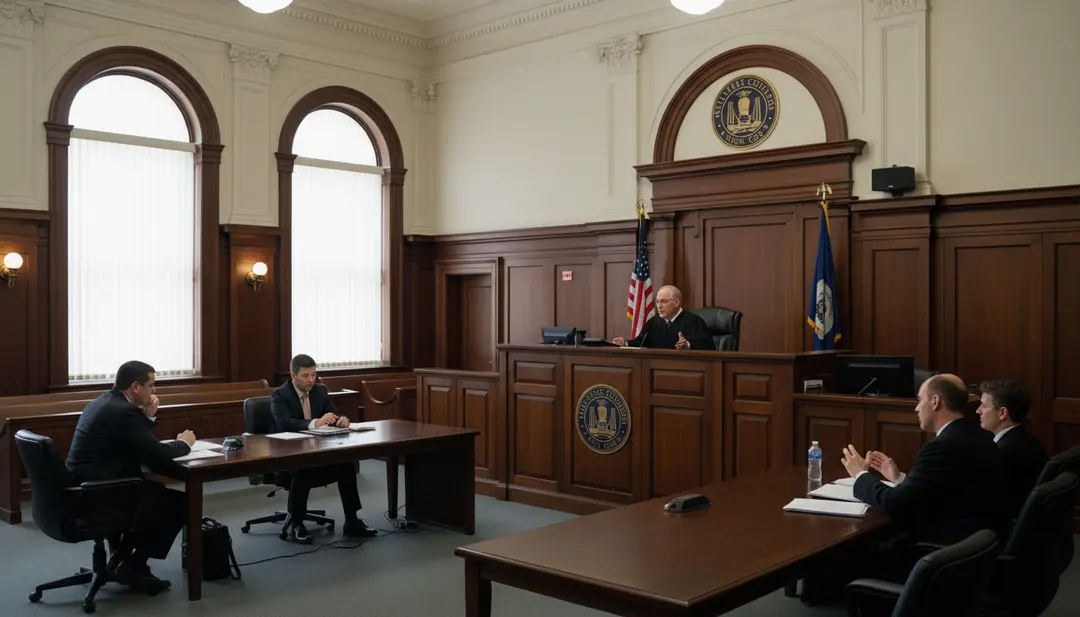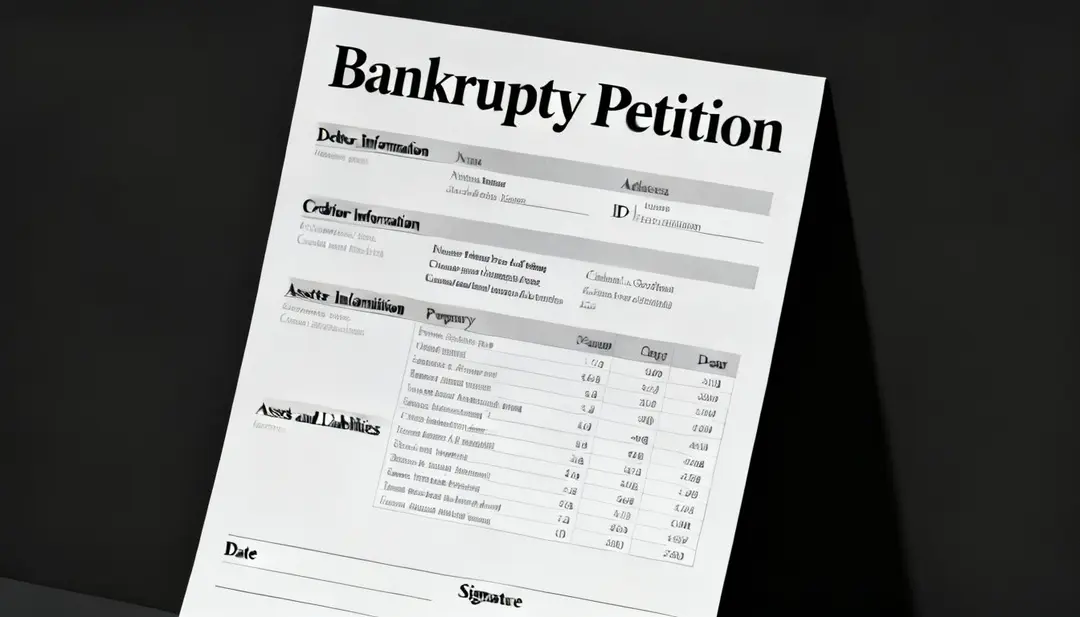Navigating HOA Compliance Challenges: Common Legal Issues Facing Arizona HOAs
Homeowners Associations (HOAs) play a pivotal role in maintaining community standards and ensuring neighborhoods remain well-organized and visually appealing. By establishing and enforcing rules and guidelines, HOAs help promote a sense of community, protect shared spaces, and preserve property values for all residents. However, navigating HOA compliance challenges can be complex and often leads to misunderstandings, confusion among members, and even legal disputes.
Issues such as unclear regulations, inconsistent enforcement, disputes over fees, or disagreements regarding property modifications can create tension between homeowners and HOA boards. Additionally, compliance with state-specific laws, such as those in Arizona, adds another layer of complexity to the process.
This article aims to shed light on the most common legal issues facing Arizona HOAs while providing practical solutions and resources to help both boards and homeowners overcome these challenges and create a more harmonious community. Understanding these challenges is key to fostering transparency, trust, and collaboration for everyone involved.
Understanding HOA Governance in Arizona
Structure and Function of HOAs
Homeowners Associations (HOAs) are governed by a set of legal documents that establish the framework for how the community operates. The primary documents include the Covenants, Conditions, and Restrictions (CC&Rs), which detail the rules and guidelines homeowners must follow, and the association’s bylaws, which outline how the HOA itself is organized and managed.
Together, these documents define the rights and responsibilities of both the homeowners and the governing HOA body. The board of directors, usually elected by community members, is responsible for enforcing these rules and ensuring that the community maintains its standards. This includes managing shared amenities, handling disputes, and overseeing the financial health of the association, such as budgeting and collecting dues. By doing so, they aim to preserve property values and foster a harmonious living environment for all residents.
Legal Framework Governing HOAs
Arizona’s laws play a critical role in shaping how homeowners' associations (HOAs) function and operate. The Arizona Revised Statutes serve as the foundation for HOA management, clearly defining the rights and responsibilities of homeowners while outlining the powers, duties, and limitations of the HOA board.
These regulations cover a wide range of topics, including financial transparency, meeting requirements, voting procedures, and dispute resolution processes. Understanding these laws is essential for both board members and residents to ensure smooth operations, avoid compliance issues, and prevent costly legal disputes. By staying informed and adhering to these guidelines, HOAs can foster a stronger, more harmonious community.
Common Legal Issues Facing Arizona HOAs
Disputes Over CC&Rs
The CC&Rs (Covenants, Conditions, and Restrictions) serve as the foundational rules for any HOA, outlining the standards and guidelines that all members are expected to follow. However, disputes are common and can arise for various reasons. These may include disagreements over architectural modifications, such as the approval of home additions or exterior paint colors, or conflicts involving property maintenance standards, like landscaping requirements or fence repairs.
Left unresolved, these issues can create tension among community members. To address such conflicts, effective conflict resolution strategies are essential. Clear communication, open dialogue, and mediation can go a long way in resolving disputes amicably and maintaining a harmonious neighborhood. Establishing a transparent process for resolving conflicts can also foster understanding and cooperation among HOA members.
Fair Housing Compliance
Fair housing laws are designed to prevent discrimination in housing practices and promote equal opportunities for everyone, regardless of race, color, religion, sex, familial status, national origin, or disability. Homeowners Associations (HOAs) are required to comply with these laws to ensure that all residents have fair and equal access to housing opportunities within their communities. However, challenges often arise in enforcement, especially when certain rules or policies appear to disproportionately affect specific groups.
For example, restrictions on parking, occupancy limits, or the use of shared amenities can unintentionally impact families with children or individuals with disabilities. To avoid potential legal issues and foster an inclusive environment, it is crucial for HOA boards to thoroughly understand the nuances of fair housing compliance and review their policies regularly to ensure they align with these important legal protections. Proper training and guidance can help HOA boards navigate this complex area effectively while upholding the rights of all residents.
Financial Transparency and Accountability
Financial transparency is essential for maintaining trust and fostering a sense of community within homeowners' associations (HOAs). It ensures that residents feel confident in how their fees are being managed and allocated. HOAs are legally required to provide regular financial disclosures to residents, including detailed reports on budgets, expenditures, and reserves.
Failure to comply with these requirements can not only lead to legal ramifications but also erode residents' trust, potentially causing tension within the community. To promote accountability and transparency, HOAs should conduct regular audits performed by qualified professionals and hold open meetings where residents can ask questions and review financial documents. These practices help create a collaborative and trustworthy environment where everyone feels informed and involved.
Enforcement of Rules and Regulations
Methods of Enforcement
Homeowners associations (HOAs) typically rely on a variety of enforcement mechanisms to ensure community rules are followed. These can include issuing warnings for minor infractions, imposing fines for repeated violations, and, in severe cases, taking legal action to address ongoing noncompliance. Warnings serve as an initial step to address issues informally, while fines provide a financial deterrent for those who fail to comply.
Legal action, though rare, is reserved for the most serious cases where other measures have been unsuccessful. Consistent and fair enforcement practices are crucial for maintaining order, fostering a sense of accountability, and ensuring that all community members adhere to the established rules, which ultimately helps preserve property values and community harmony.
Challenges in Rule Enforcement
One of the most significant challenges HOAs face is inconsistency in rule enforcement, which can create confusion, frustration, and even resentment among members. When some rules are applied unevenly or overlooked, it can lead to dissatisfaction and further disputes within the community. For instance, members may feel that favoritism or bias is at play, undermining trust in the HOA board. To overcome these challenges, HOAs can establish clear, detailed guidelines for enforcement and ensure these rules are communicated effectively to all members. Additionally, providing thorough training for all board members on enforcement protocols can help maintain consistency and fairness, fostering a more harmonious community environment.
Conflict Resolution Strategies
Mediation and Arbitration
Mediation can offer a valuable alternative to litigation in resolving HOA disputes, providing a structured yet informal environment where parties can openly communicate and work toward mutually agreeable solutions. This process encourages dialogue and collaboration, often preserving relationships and reducing the hostility that can arise during legal battles. Similarly, arbitration can provide a quicker and often more cost-effective resolution compared to traditional court proceedings.
In arbitration, a neutral third party reviews the evidence and makes a binding decision, offering a streamlined and efficient option for many HOAs seeking to address conflicts while avoiding the lengthy and expensive court process. Both options empower HOAs and their members to resolve disputes in a way that promotes fairness, efficiency, and long-term community harmony.
Legal Recourse
In some cases, legal action may be necessary to resolve disputes or protect your rights. However, it’s crucial to carefully consider the financial costs, time commitment, and potential emotional toll of litigation before taking this step. Legal battles can be lengthy and complex, so understanding the possible outcomes is key. Consulting with a qualified legal professional can provide valuable insight into the strength of your case, alternative solutions, and whether pursuing litigation is truly the most effective course of action for your specific situation.
Resources for Arizona HOAs
Legal Assistance and Support
Arizona HOAs have access to a range of legal resources, including specialized attorneys with in-depth knowledge of HOA law and regulations. These professionals can assist boards in understanding their legal responsibilities, drafting and reviewing governing documents, and addressing disputes or compliance challenges. Consulting with experienced legal professionals not only helps HOA boards navigate complex issues effectively but also minimizes the risk of costly legal pitfalls, ensuring smoother operations and better community management.
Educational Workshops and Seminars
Ongoing education is vital for HOA members and boards to effectively navigate the complexities of managing a community. In Arizona, there are numerous workshops, seminars, and training sessions available, offering in-depth coverage of topics such as governance, legal compliance, financial management, and conflict resolution.
These resources are designed to empower HOA members and board members with the tools and knowledge needed to address compliance challenges proactively, foster better communication, and ensure the smooth operation of their communities. By participating in these educational opportunities, HOA leaders can stay informed about the latest regulations and best practices, ultimately improving the overall well-being of their neighborhoods.
Conclusion
Arizona HOAs face several legal issues that can complicate compliance and community harmony, ranging from disputes over property maintenance to conflicts regarding the enforcement of community rules and regulations. Financial management, transparency, and navigating ever-changing state laws are also common challenges that can impact the smooth functioning of an HOA. Understanding these challenges and implementing effective strategies is crucial for maintaining a thriving, well-organized community.
By staying informed and proactive, HOA board members and residents alike can foster a positive living environment while ensuring compliance with all regulations. This includes review of governing documents, clear communication with residents, and consistent enforcement of rules to avoid conflicts. Investing time in educating HOA members about their rights and responsibilities is an essential step toward building trust and maintaining transparency within the community.
For further reading and professional assistance, consider exploring local resources and connecting with legal experts who specialize in HOA compliance challenges. They can offer insights into state-specific regulations and help create tailored solutions for your HOA.
If you’re part of an HOA, take the initiative to learn more about your community’s rules and regulations. Attend local workshops, participate in community meetings, and consult with legal professionals to stay ahead of compliance challenges. By working together, you can create a cooperative, thriving environment for everyone in your community!














![Does an Arizona HOA Need to Update AZCC Records After Changing Management Companies? [2025 Guide]](https://cdn.prod.website-files.com/66b97099f8f1d06c15fb6dbe/68bf09165df481aa44c0f29d_corporate-change-management-leadership-transition.jpg)
